Coldest Places in Pakistan – Top Winter Destinations to Visit
Pakistan is a land of extreme beauty — and extreme seasons. While much of the country experiences long summers, there are also incredible cold places in Pakistan that offer snow, serenity, and unforgettable adventure. As someone who has explored these destinations in every season, I’ve seen how they transform into winter wonderlands that rival Europe and Central Asia in both temperature and terrain.
Whether you’re looking for snow-covered landscapes, ski resorts in Pakistan or cozy mountain escapes, this guide will walk you through the coldest spots in Pakistan — where to go, what to expect, and how to plan your journey the smart way.
What Makes Cold Places in Pakistan So Special?
From the icy roads of Skardu to the quiet white rooftops of Kalat, these locations aren’t just cold — they’re uniquely rich in culture, adventure, and natural wonder. Unlike standard holiday spots, winter travel in Pakistan means:
- Snow-capped mountains and alpine lakes
- Winter sports including skiing, snowboarding, and snow trekking
- Cozy guesthouses and fire-lit nights in local villages
- Epic landscapes perfect for photography and drone shots
- Traditional winter foods like trout, chapshuro, yak meat, and Kashmiri tea
Now let’s dive into the best cold destinations Pakistan has to offer.
List of the Coldest Places in Pakistan
1. Skardu (Gilgit Baltistan)
Average Winter Temperature: -10°C to -15°C
Skardu tops nearly every list — and for good reason. Surrounded by the mighty Karakoram and Himalayas, it’s a base for mountaineering and winter trekking. In December through February, everything from Satpara Lake to Shangrila Resort freezes into a serene, snow-covered world. Skardu also offers access to frozen trekking paths, Baltoro glacier routes, and spectacular views of K2 from nearby points. Plan your visit via air if possible, as roads can become impassable in heavy snow.
2. Astore Valley
Average Winter Temperature: -8°C to -12°C
Located near Skardu, Astore is less crowded but just as majestic. Famous for its meadows and lakes, it gets extremely cold in winter — ideal for travelers who love peaceful isolation. Roads remain open until early snowfall, and guesthouses in villages like Rama offer basic amenities for those who want a rustic mountain experience.
3. Swat Valley
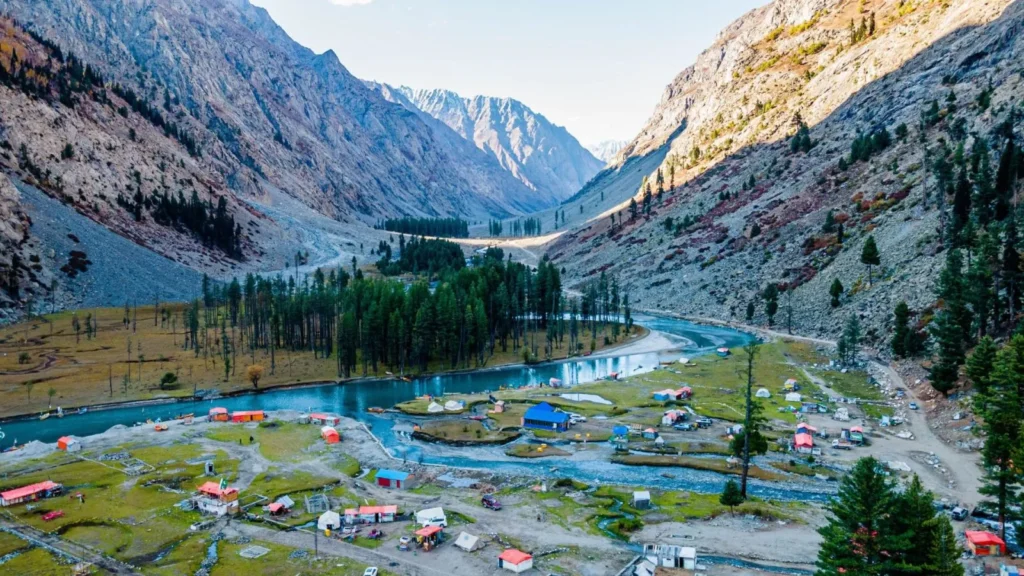

Image source: ravelandleisureasia.com
Average Winter Temperature: -5°C to 3°C
Swat transforms into a snowy paradise in winter. While Malam Jabba is the top ski resort here, areas like Kalam and Ushu Forest also see thick snow layers, perfect for family snow games and romantic getaways. The roads to Swat are now well-paved via Swat Expressway, making it one of the most accessible cold places in Pakistan.
4. Malam Jabba
Average Winter Temperature: -2°C to -8°C
Malam Jabba is Pakistan’s premier ski resort — perfect for both beginners and experienced skiers. The resort offers chairlifts, snowboarding, sledding, and ski rentals. With accommodation available at nearby hotels and direct access from Mingora via paved roads, it’s a safe and exciting winter destination for families, school trips, or snow-loving adventurers.
5. Kalat (Balochistan)
Average Winter Temperature: -10°C to -18°C
Kalat is often overlooked — but it’s one of the coldest cities in Pakistan. Located in northern Balochistan, it’s dry and harsh in winter, offering a very different type of cold: crisp, snowless, and remote. It’s culturally rich with Baloch history but requires careful travel planning. Not ideal for families, but great for cold-climate explorers looking to go off the beaten path.
6. Hunza Valley
Average Winter Temperature: -5°C to -15°C
Hunza in winter is nothing short of magical. The roads are quieter, the air is cleaner, and spots like Attabad Lake, Eagle’s Nest, and Passu Cones look otherworldly under snow. You’ll find plenty of hotels offering winter discounts, and locals warmly welcome off-season tourists. Visit between December and February for snowfall, or March for frozen beauty and easier roads. Explore our Hunza travel guide here.
7. Murree
Average Winter Temperature: -1°C to -7°C
Just a couple of hours from Islamabad, Murree is the go-to cold place for quick winter breaks. In December and January, Mall Road and Pindi Point often get snow, while upper areas like Patriata (New Murree) and Kashmir Point offer deeper snow and fewer crowds. It’s extremely accessible and great for families or first-time snow travelers.
8. Neelum Valley (AJK)
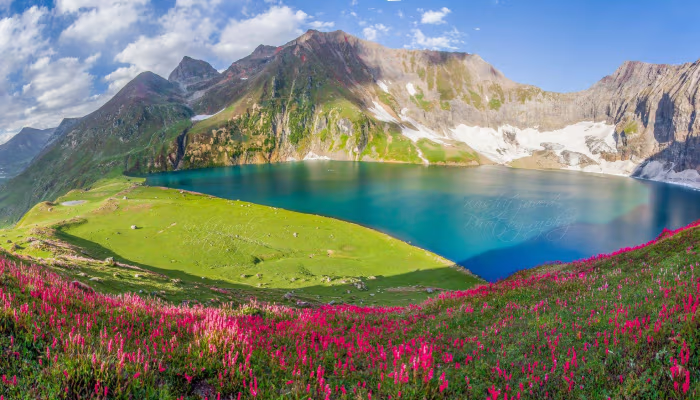

Average Winter Temperature: -4°C to -10°C
From Keran to Sharda, the Neelum Valley is a magical snow zone in winter. The roads beyond Athmuqam can close in peak snow season, but if you reach before that, you’ll enjoy snowy rooftops, pine forests, and frozen rivers. Lodges in Keran and Kutton are popular for fireside stays and snow views. Don’t miss the opportunity to try the local trout with hot Kashmiri kehwa.
9. Shogran & Siri Paye
Average Winter Temperature: -5°C to -10°C
Shogran, perched above the Kaghan Valley, is a hidden winter gem. In off-season months like January and February, the road may require 4×4 access, but the views are worth the effort. Families love it for its wide open meadows, silence, and cozy guesthouses. Nearby Siri Paye Meadows remain blanketed in snow through March.
10. Chitral & Garam Chashma
Average Winter Temperature: -6°C to -12°C
Chitral is among Pakistan’s most culturally rich regions, and it gets very cold in winter — particularly near Garam Chashma, famous for its hot springs. Visiting in December or January offers snow-covered landscapes, a glimpse of Kalash culture, and quiet valley life. Roads are accessible but require weather monitoring.
11. Khunjerab Pass & Sost
Average Winter Temperature: -10°C to -20°C
This is the coldest officially recorded border in Pakistan, sitting at over 15,000 feet. Khunjerab Pass is often closed in peak winter (Dec–Feb), but nearby areas like Sost or Gulmit offer stunning views of the frozen mountains and access to the China-Pakistan border route. Only for prepared travelers.
12. Naltar Valley
Average Winter Temperature: -7°C to -13°C
Home to one of Pakistan’s best skiing facilities operated by the Pakistan Air Force, Naltar is a snow-lover’s dream. It’s reached via Gilgit, followed by a rugged jeep track, and offers skiing, snowboarding, and thick forest scenery. The valley is peaceful and often untouched, great for photographers and vloggers.
13. Parachinar (Kurram District)
Average Winter Temperature: -4°C to -8°C
Located in the Khyber Pakhtunkhwa province, Parachinar is a lesser-known cold place with dry snow and mountain views. Travel only with local guidance, as the area has limited winter tourism infrastructure but is a fascinating destination with friendly locals and strong Shia cultural traditions.
14. Gilgit City
Average Winter Temperature: -2°C to -6°C
Gilgit is a cold-weather gateway city and a great base for exploring nearby winter spots like Naltar, Hunza, and Bagrot Valley. In winter, the city slows down but remains functional with hotels, markets, and flights from Islamabad (weather dependent).
Travel Tips for Visiting Cold Places in Pakistan
Best Months to Visit for Snow
For guaranteed snowfall, travel between mid-December and early March. January is the peak month across Swat, Hunza, and AJK. Higher altitude areas like Khunjerab or Naltar may close due to heavy snowfall.
Packing Checklist for Winter Travel
- Thermal layers (innerwear, fleece, insulated jackets)
- Waterproof boots with grip
- Woolen caps, gloves, mufflers
- Moisturizers and lip balm
- Portable power banks and heating pads
Road Safety & Accessibility
Always check road conditions before traveling, especially in GB and AJK. Use 4×4 vehicles or hire local drivers familiar with the terrain. Avoid night driving and keep spare water/snacks in the car.
Frequently Asked Questions – Cold Places in Pakistan
What is the coldest place in Pakistan?
Skardu and Khunjerab Pass consistently rank among the coldest, with temperatures dropping below -15°C in peak winter.
Where can I find snowfall near Islamabad?
Murree and Patriata are the most accessible for quick snow trips. Slightly farther are Shogran and Malam Jabba, both worth the drive.
What months are best for visiting cold places in Pakistan?
Mid-December to early March is the peak snow season. Visit in January for the most reliable snowfall. Late February and early March are ideal for scenic drives and manageable roads.
Are these destinations safe for families?
Yes. Destinations like Swat, Hunza, Murree, and Neelum Valley are family-friendly with hotels, restaurants, and easy access. Always check weather alerts before traveling.
Do I need 4×4 vehicles to visit these areas?
For areas like Mahodand Lake, Naltar, Gabin Jabba, or during active snowfall, a 4×4 is highly recommended. For Murree and Swat, regular vehicles work when roads are clear.
References
Graana.com. “List of Coldest Places in Pakistan.”
Accessed July 31, 2025.
https://www.graana.com/blog/coldest-places-in-pakistan/
Zameen.com. “List of Coldest Places in Pakistan: Choose Your Next Adventurous Destination.”
Accessed July 31, 2025.
https://www.zameen.com/blog/coldest-places-pakistan-top-winter-destinations.html
Tripmaker.pk. “20+ Coldest Places in Pakistan.”
Accessed July 31, 2025.
https://tripmaker.pk/blog/coldest-places-in-pakistan/
PakistanTourPackages.com. “20 Coldest Places in Pakistan You Should Visit in Life.”
Accessed July 31, 2025.
https://pakistantourpackages.com/blog/coldest-places-in-pakistan
Graana.com. “Katpana Desert – The Famous Cold Desert in Pakistan.”
Accessed July 31, 2025.
https://www.graana.com/blog/katpana-desert-the-famous-cold-desert-in-pakistan/
Published: July 30, 2025
Author: ZunNurain Khalid

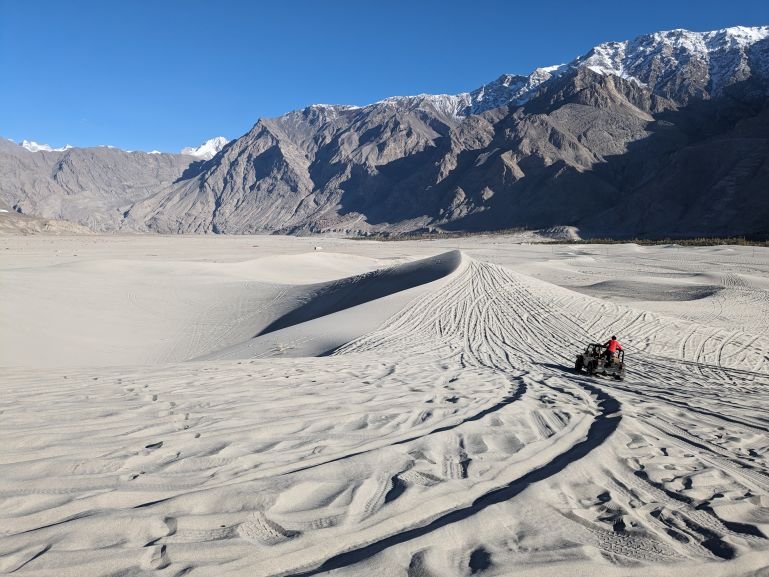
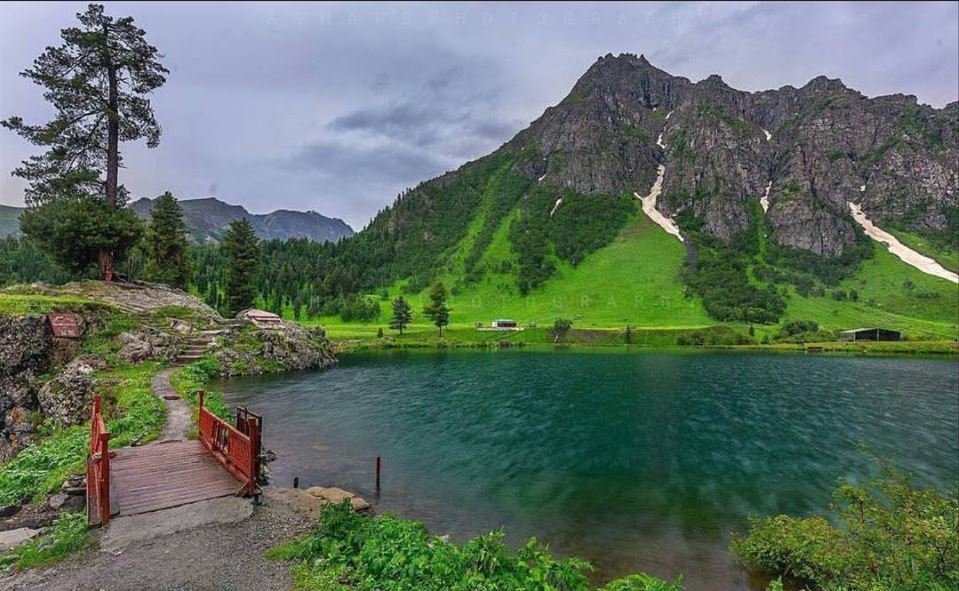
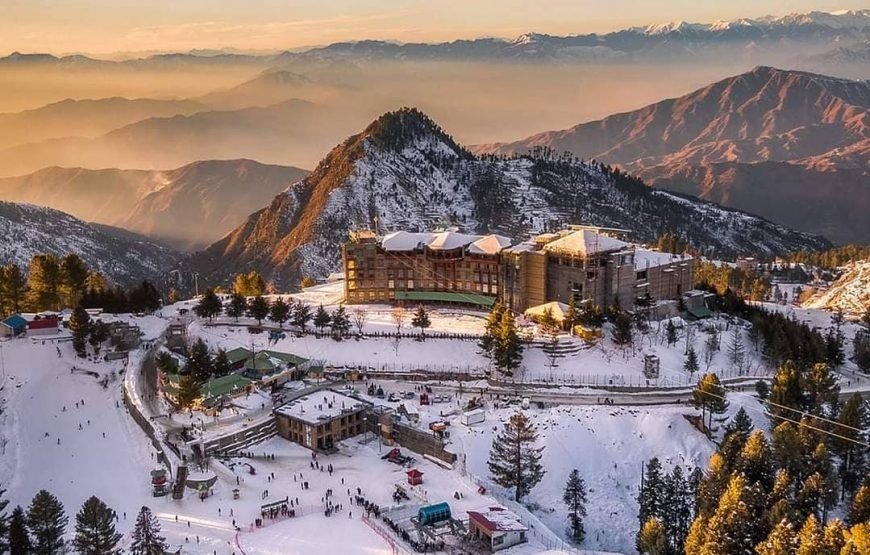
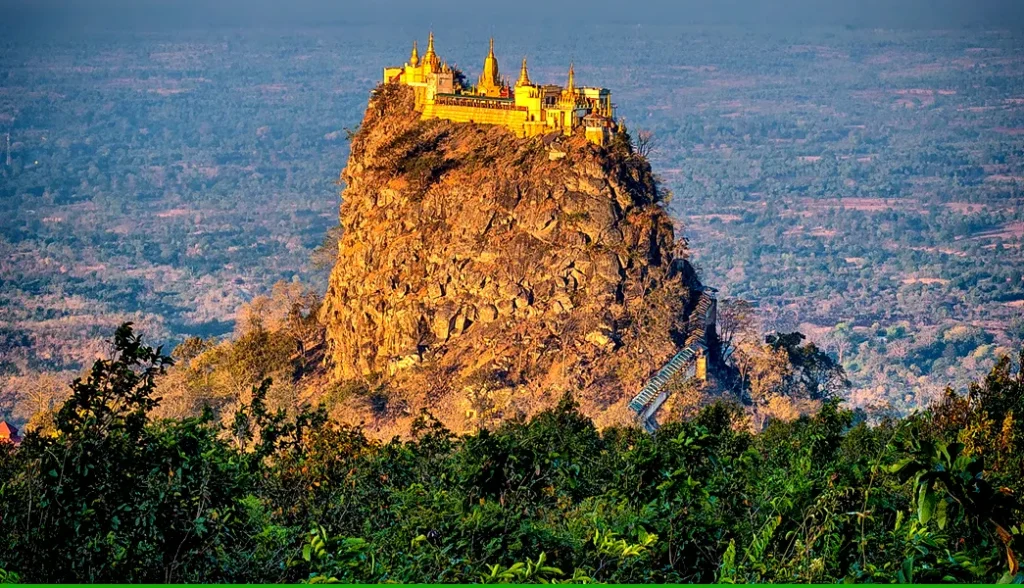
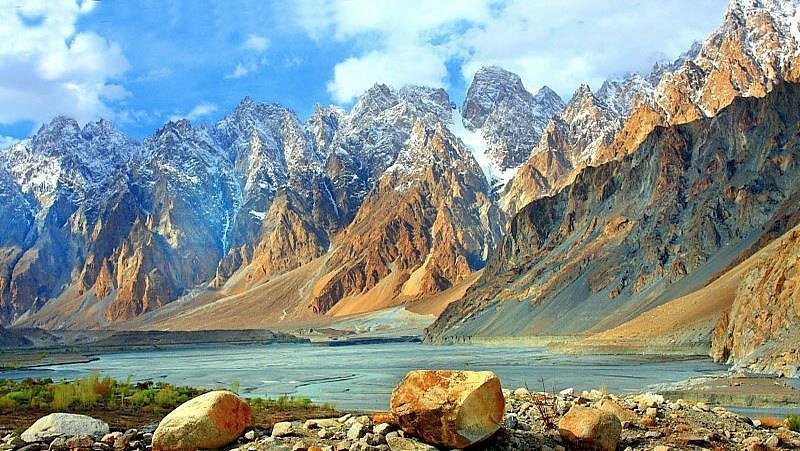
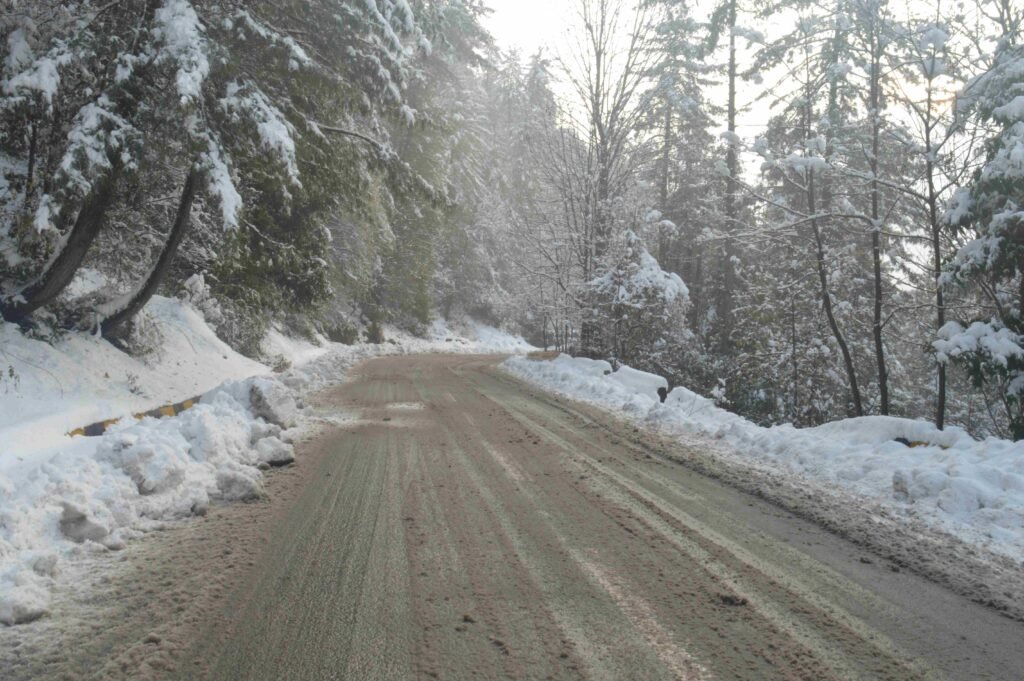
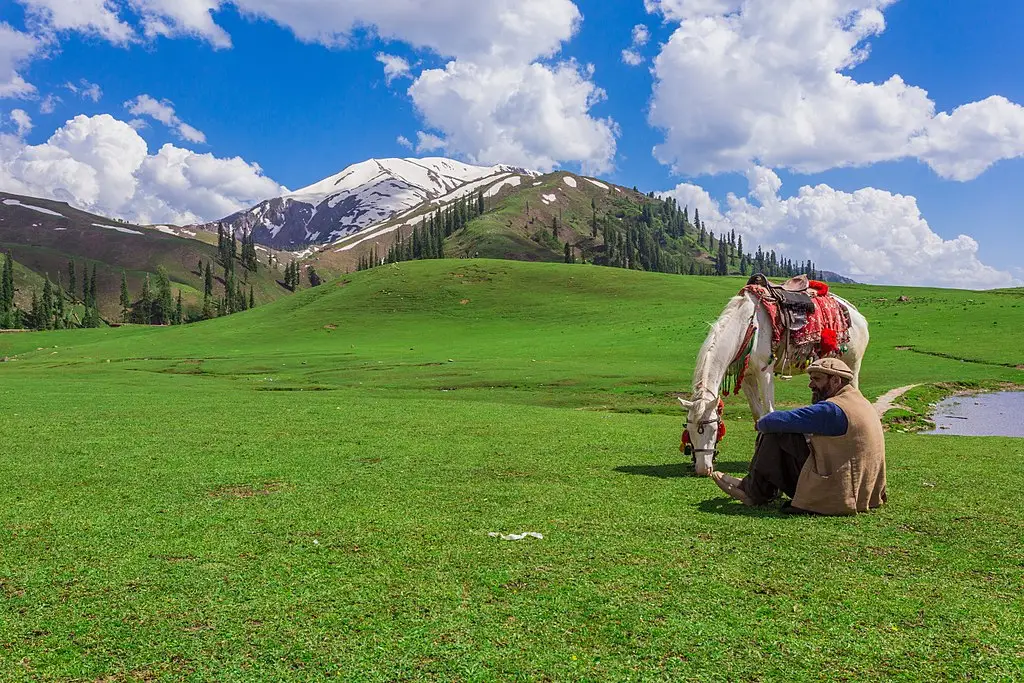
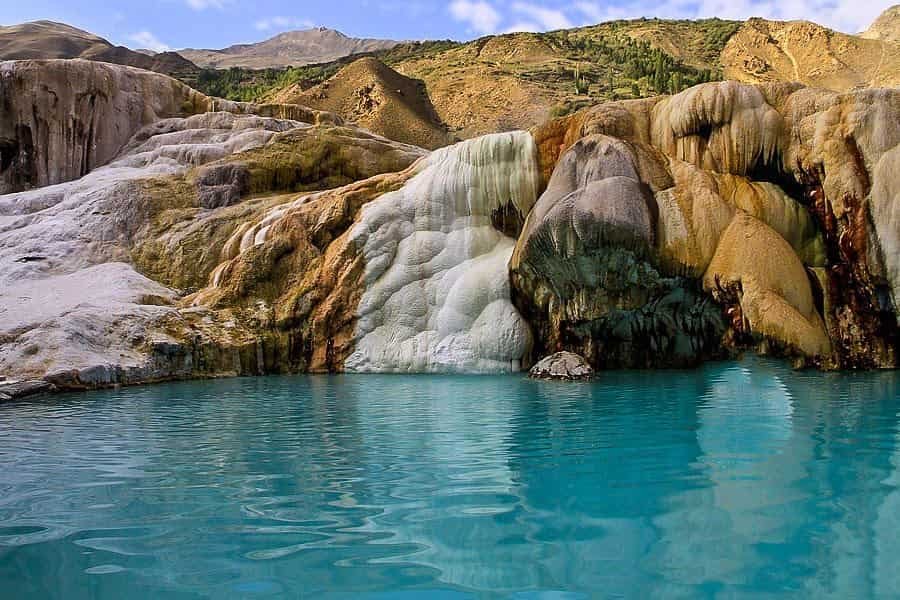
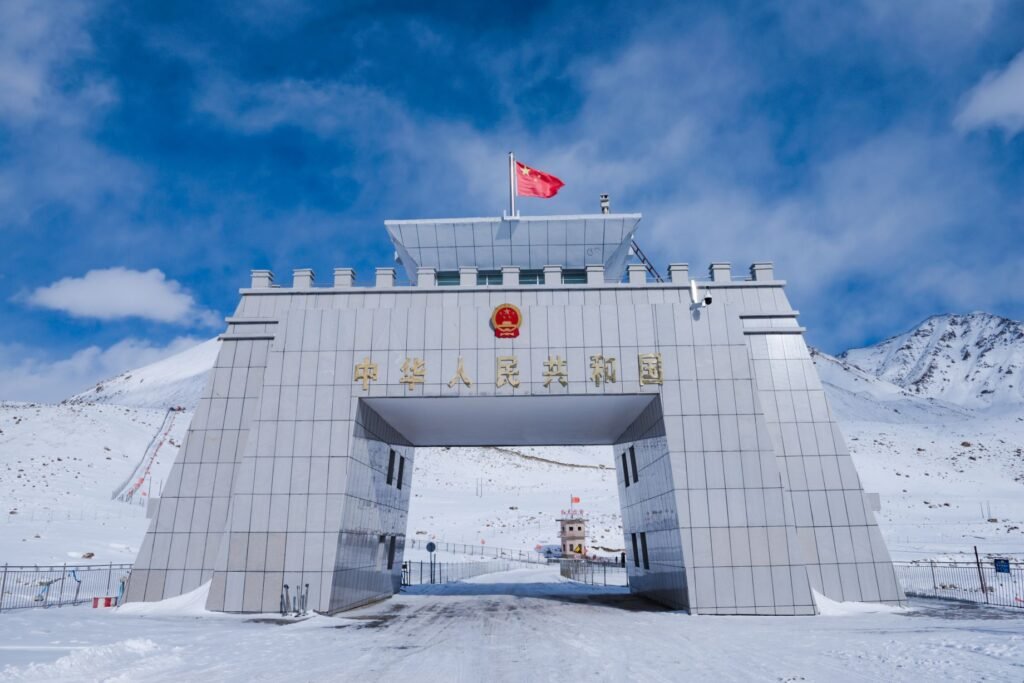
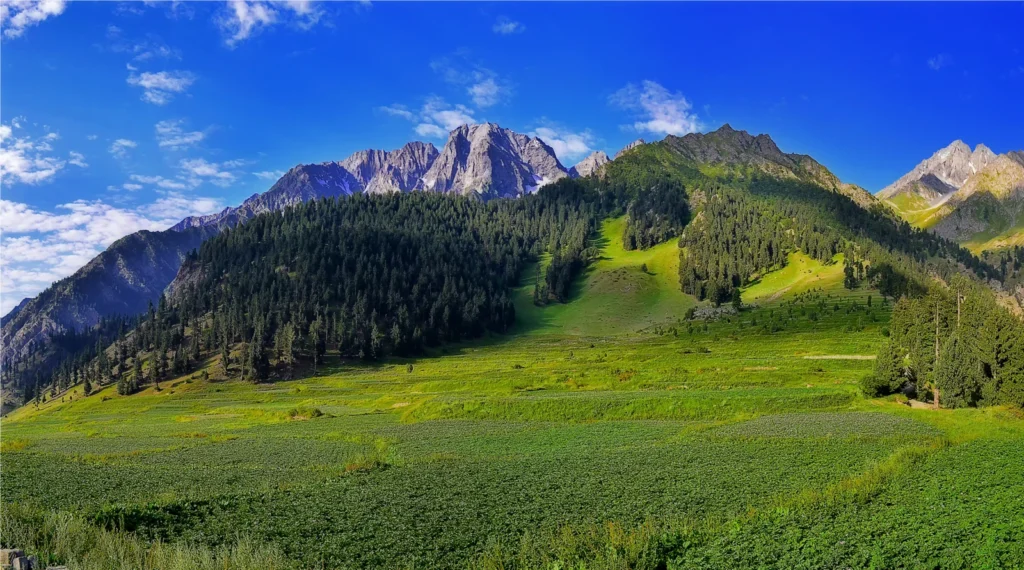
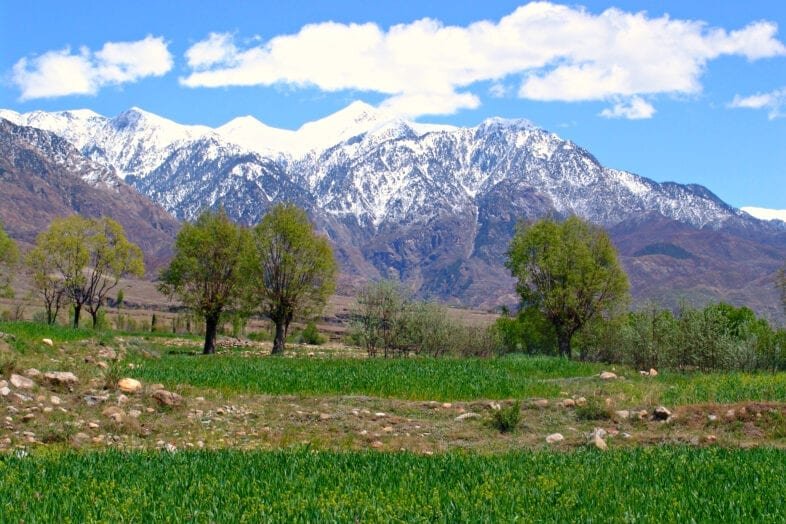
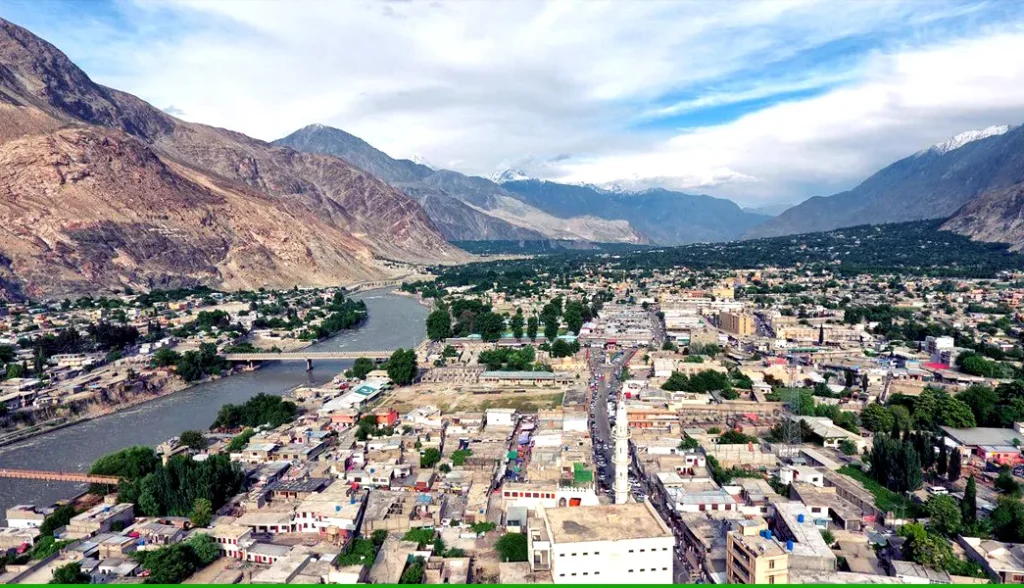
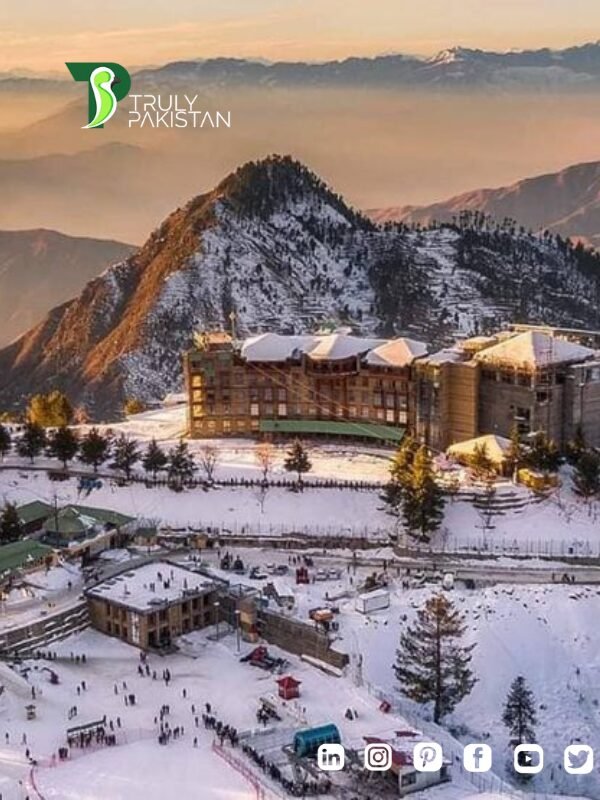
One thought on “Coldest Places in Pakistan – Top Winter Destinations to Visit”